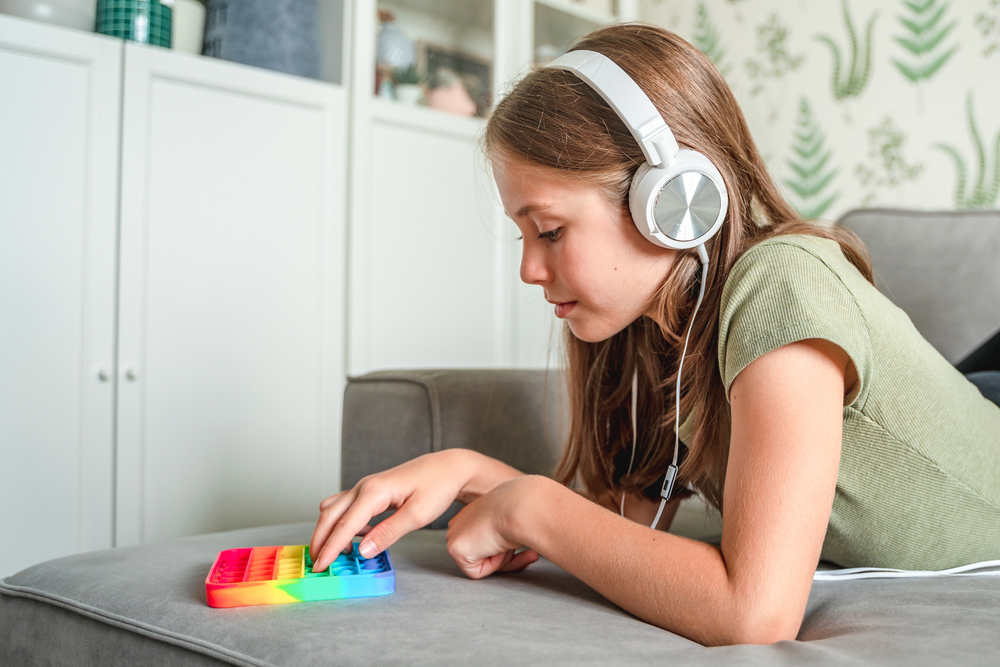“Neurodivergent” is an umbrella term used to describe people whose brains have distinct strengths and weaknesses compared to the average person. Because they relate to the world in a different way, neurodivergent children may face challenges their peers do not. When their symptoms form specific patterns, a child may meet criteria for a neurodevelopmental diagnosis, such as attention-deficit/hyperactivity disorder, specific learning disorder or autism spectrum disorder.
Understanding Neurodivergence
Since the concept of neurodivergence has become somewhat of an online buzzword, many misconceptions have arisen about what this diagnosis is and is not. First, you shouldn’t confuse neurodivergence with mental health disorders like depression or anxiety. Instead, it involves specific developmental idiosyncrasies.
Neurodivergent symptoms can include cognitive, social, emotional, behavioral and sensory differences. These might make a child seem delayed in some areas and gifted in others. For example, a child on the autism spectrum may find it acutely uncomfortable to express their feelings and relate to others, but have a photographic memory and a rich inner fantasy world.
Neurodivergence also encompasses ADHD, one of the most common childhood diagnoses. Neurodivergent patterns with ADHD may include strengths such as increased energy, spontaneity and creativity, combined with difficulties related to distractibility, impulsivity and disorganization compared to peers of the same age.
Do You Suspect Your Child Is Neurodivergent?
Many neurodivergent children have pronounced differences that make it readily apparent they are not hitting the same targets as their peers. Still, diagnostic tools designed to screen for severe symptoms may miss milder cases, and many children – especially girls – learn how to “mask” so they can fit in better.
The consequences of undiagnosed, untreated neurodivergent disorders can be significant. Without an accurate diagnosis and therapeutic regimen, children may miss out on getting much-needed support that can help them understand their challenges, build essential life skills and do well in school. They might become so exhausted from overcompensating that they develop low self-esteem, social phobia or depression. These issues can follow them and continue making their lives more difficult far into adulthood.
The Forum provides comprehensive neuropsychological evaluations that can pinpoint specific causes of your child’s learning and developmental differences. We can then recommend therapy, coaching and psychiatric services, as needed, to help your child realize their full potential.
Assessment and Care for Autism and ADHD
If your teen needs an assessment or comprehensive care for neurodivergent disorders like ADHD and autism, The Forum can help. Our psychiatrists and psychologists offer specialized, tailored treatment for your child’s unique concerns.
Led by Dr. Joanna Savarese, The Forum seeks to meet the diverse needs of San Diego adolescents between the ages of 12 and 17. Our years of experience in teen mental and behavioral health allow our team to transform your child’s life. To learn more about how we can help your family, reach out to us today.



